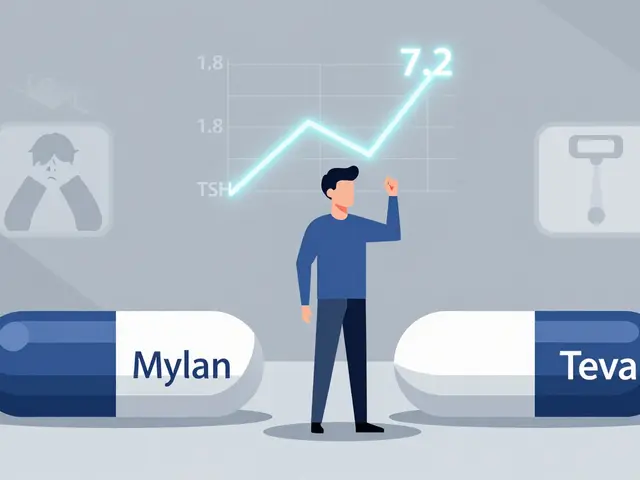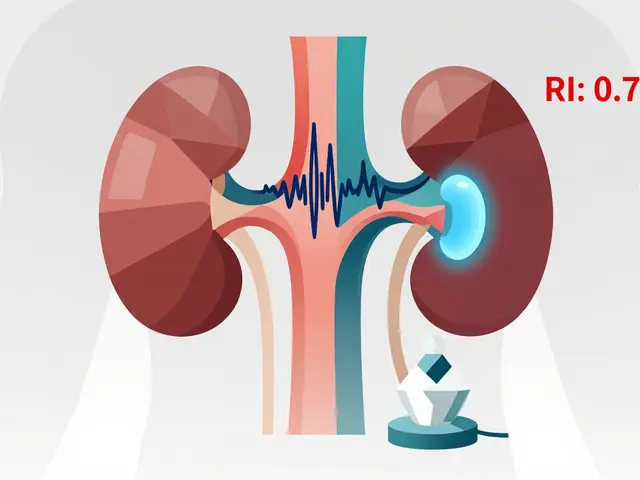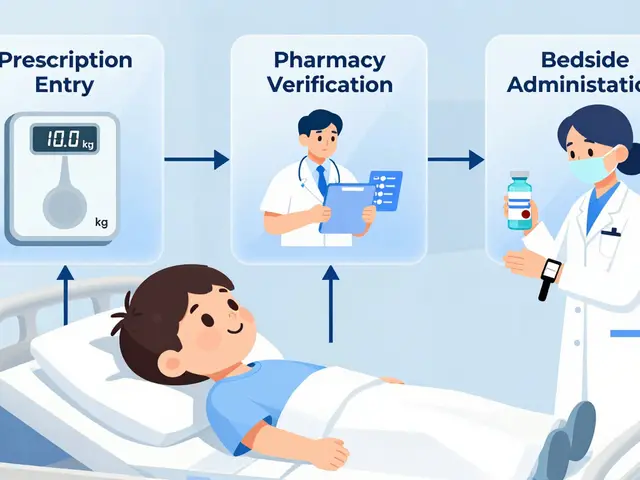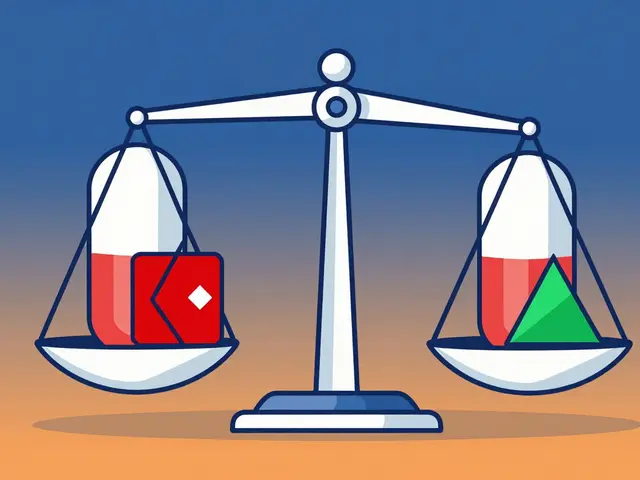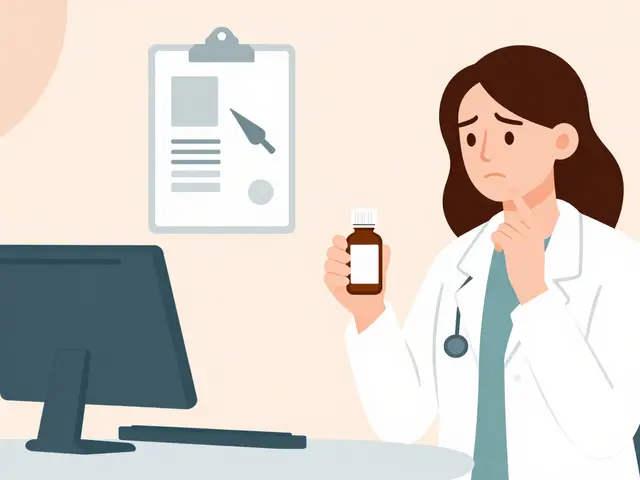Energy levels: simple fixes and when to worry
Wake up feeling flat? You're not broken — low energy is often about small habits, not deep disease. Try these practical moves first, then test or talk to a doctor if things don't improve.
Quick daily fixes
Start with light and movement. Bright morning light resets your clock and tells your body to wake up. Open a window or step outside for five minutes. Do a short walk or gentle stretching within an hour of waking to boost circulation and alertness. Watch caffeine: one cup can help, but late afternoon coffee wrecks sleep and hurts energy the next day. Aim for consistent sleep times. Even small shifts matter — a 30–60 minute difference each day can leave you groggy.
Fix your meals and hydration. Low blood sugar and dehydration tank energy fast. Eat a breakfast with protein and fiber — eggs, yogurt with fruit, or oatmeal with nuts. Snack smart: combine protein and carbs so your blood sugar stays steady. Drink water regularly; thirst often looks like fatigue.
Exercise boosts long-term energy more than quick fixes. Start small: three 20–30 minute sessions per week, mixing brisk walking and light strength work. Over weeks you'll notice less mid-afternoon slump. Manage stress with short daily habits: five minutes of focused breathing, setting one priority for the day, and breaking big tasks into 25–45 minute work blocks with short breaks.
Some people find benefit from vitamin D, B12, or iron when tests show low levels. Don't guess — testing first avoids wasting money and risking harm. Consider adaptogens, caffeine pills, or energy drinks only short-term. They mask problems and can worsen sleep or anxiety.
Try this simple day plan: wake at the same time, 5–10 minutes of sunlight, protein breakfast, two 20-minute walks, hydrate with water, one focused 45-minute work block, short afternoon snack, avoid caffeine after 2 p.m., and sleep on a steady schedule. Small wins stack fast; track sleep and energy for two weeks.
When meds, tests and red flags
Some medications cause tiredness: beta blockers, many antihistamines, some antidepressants, gabapentin, and certain blood pressure drugs. If your energy dropped after a new prescription, ask your prescriber about alternatives or timing changes. Also consider common health causes: low thyroid (hypothyroidism), iron deficiency, B12 or vitamin D low levels, sleep apnea, and long Covid. A few simple labs — CBC, TSH, B12, iron studies, and vitamin D — can rule out common issues.
If fatigue is sudden, severe, or paired with weight loss, persistent fever, chest pain, breathlessness, fainting, or mood swings, seek care quickly. If you tried sleep, diet, movement, and basic tests show nothing, ask for a follow-up. A good doctor will look at meds, sleep studies, labs, and mental health.
Small, consistent changes often restore energy. Start with light, sleep, water, and one lab test if you suspect a deficiency. If that doesn't work, get medical help — energy is too central to ignore.
I recently discovered Yucca supplements as a natural way to boost my energy levels, and I have to say, I'm impressed. These supplements are derived from the Yucca plant, which has been used by Native Americans for centuries to improve overall health and vitality. Since I started taking Yucca, I've noticed a significant increase in my energy levels and a decrease in fatigue. Plus, it's a natural and sustainable option compared to synthetic energy boosters. I highly recommend giving Yucca supplements a try if you're looking for a natural energy boost!
Continue reading...


